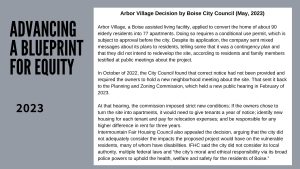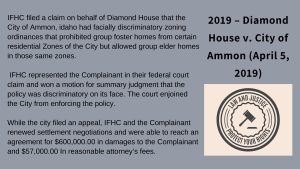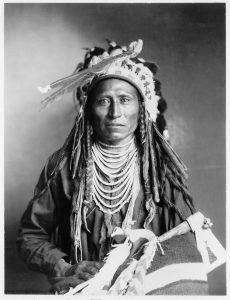In March of 2021 Somi Ekwealor, who is Black, and Jenna Ekwealor, who is multi-ethnic white and Latina, say their homeowners association, Charter Pointe, accused them of violating an association rule because they hung a Black Lives Matter flag by their front door. The Ekwealors allege that no such rule existed, but that afterward, the association then wrote a new rule aimed at them.
When they asked for clarification, the association explained that it was developing a new rule, the complaint alleges. When the rule was implemented that September, it banned all flags except sports flags, the American flag, the Idaho flag, POW/MIA flags and official and replica flags of the U.S. armed forces.
According to the complaint, the HOA intended the new policy to “limit the possibility of harassment or even an altercation … in hopes to promote a harmonious environment.” But after implementing the new rule, Somi Ekwealor said 20 flags or signs remained in the neighborhood. He said it seemed as though the HOA failed to enforce the rule on anyone else. The Ekwealors believe the new rule, like the original notice, was to prevent them from displaying their Black Lives Matter flag.


